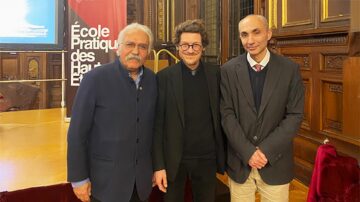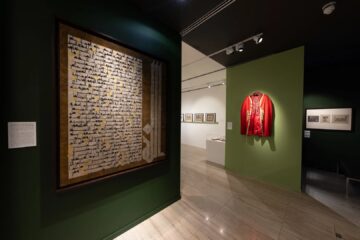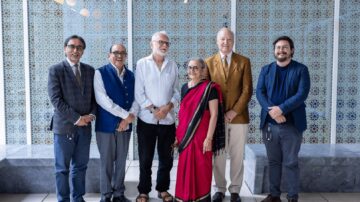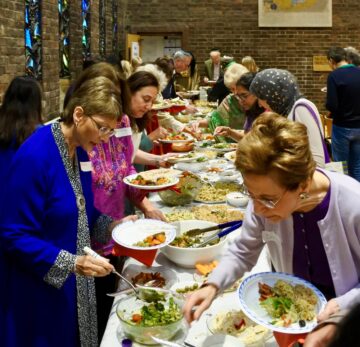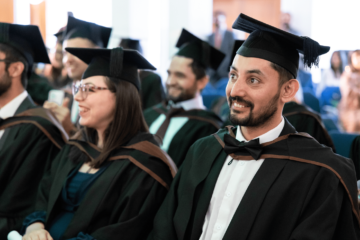As part of its inaugural conference, Listening in Many Tongues: Multilingual Interpretive Communities and Acts of Translation in Early Modern South Asia, the South Asian Studies Unit organised a concert of South Asian music for the participants and guests. The concert featured songs from across South Asia’s Ismaili communities in multiple languages, including Farsi, Gujarati, Urdu, Khowar, Wakhi and Farsi by the IIS Student Ensemble.
Given the conference’s focus on translation and multilingual communities in South Asia, the songs chosen for the performance helped to highlight the multilingual nature of mystical devotion in South Asia, not just in the variety of languages but also in the ways stories travelled and changed across varied geographies and through many tongues. As ISMC student and ensemble vocalist Ahsan Ul Haq reminded the audience, just as the Punjab has popular folk tales like Heer Ranjha that are sung and re-sung, so does Chitral, in the Khowar song and poem ‘Yarman Hameen’ written by the poet Muhammad Siyar and performed by Ahsan. IIS students and alumni, Kiran, Karim Jawed Alwani, Saeeda Kardan, Elnaz Basiri, Saher Ali, and Sania Hussain sang with instrumental accompaniment by Haider Buluk, Imran Jamal Khan, Khalid Ansari, and Saad Barcha.
The concert also featured a brief demonstration of musical translation between the Afghan rubab and the Indian sarod by conference convenor Dr William Rees Hofmann, to show how musical techniques have been translated across instruments and traditions. The sold-out event helped to showcase the importance of not only studying multilingual texts but also how these texts often circulated through performance. The concert ended with closing remarks by Hussain Jasani, Head of South Asian Studies at IIS, who highlighted how music travelled across the Persianate world, translating and transmitting human emotions and stories across a vast region.

